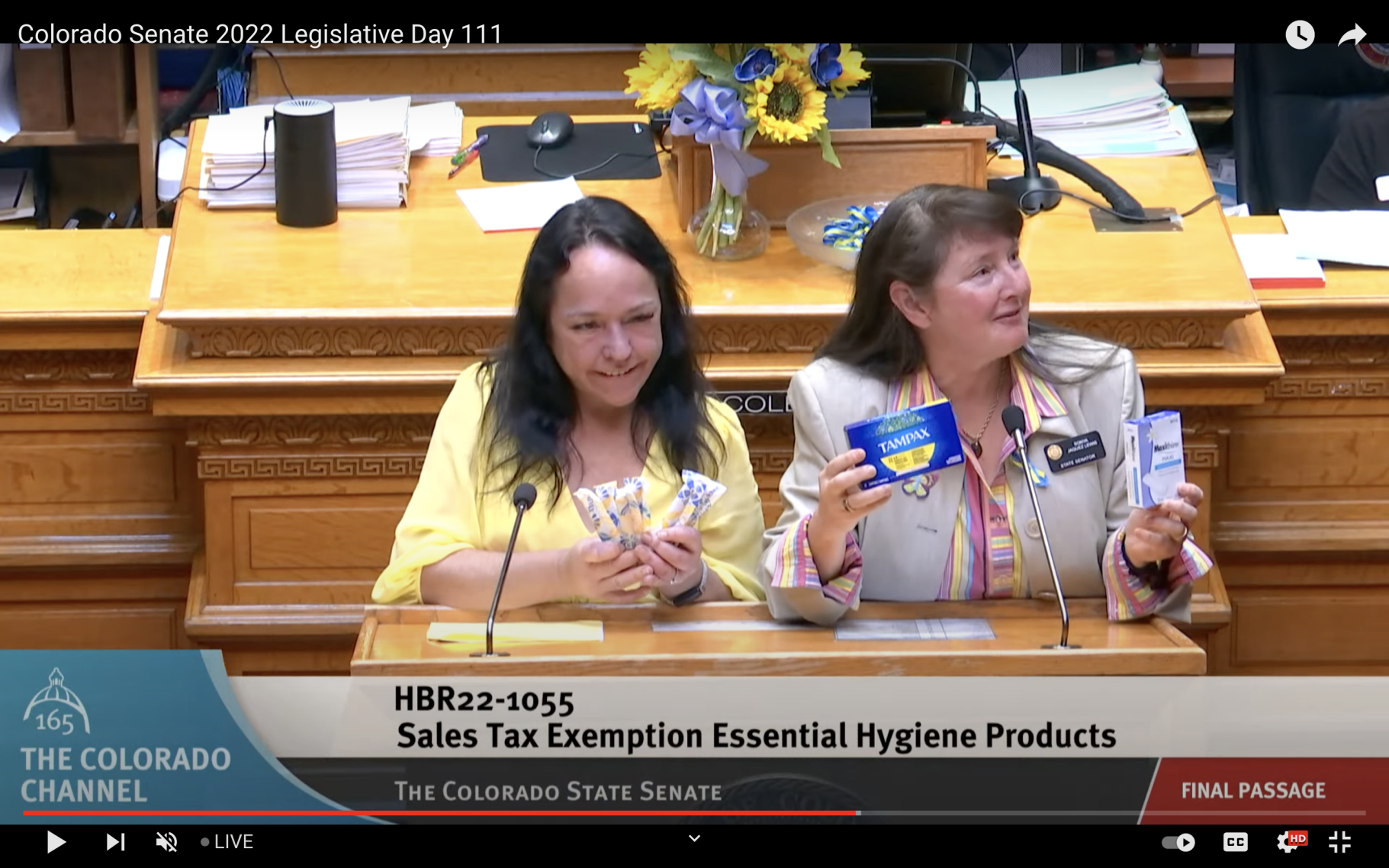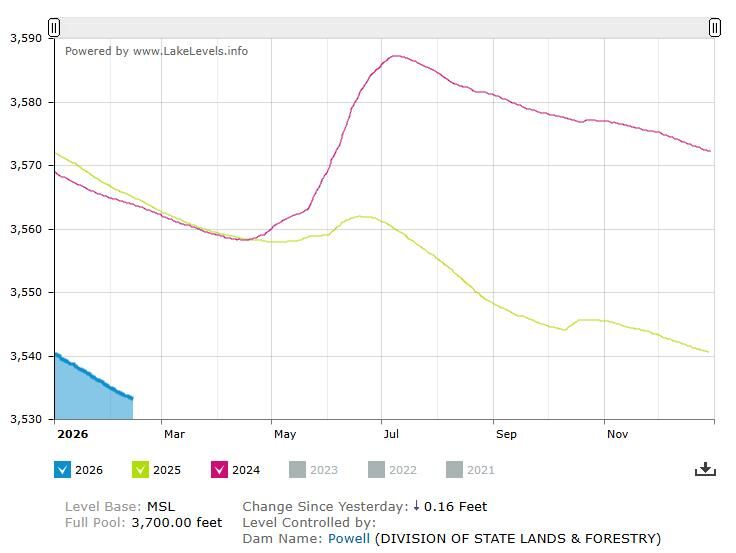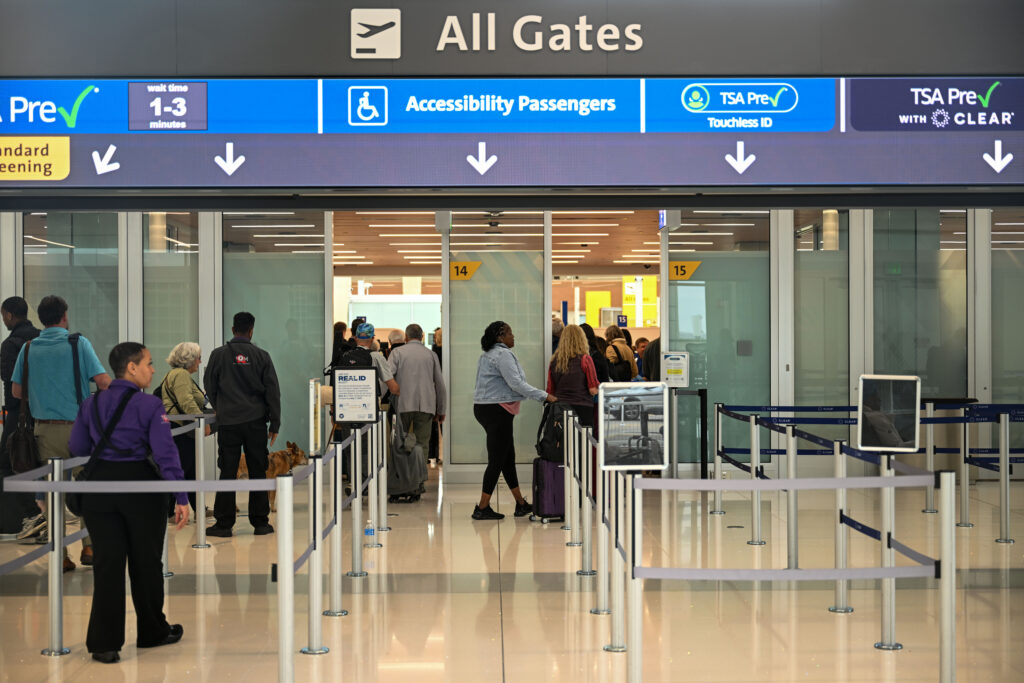Tax exemption for period products, diapers passes Colorado legislature

Legislation to exempt period products and diapers from sales taxes cleared its last vote on Monday, moving forward to Gov. Jared Polis for final consideration.
If signed into law, House Bill 1055 would expand sales tax exemptions for the products – including tampons, pads, menstrual cups, sponges, sanitary napkins and panty liners – and for adult and youth diapers starting next year.
“Every Coloradan deserves to live with dignity, but for far too many, their inability to pay for basic human needs like period products and diapers means they can’t,” said bill sponsor Sen. Faith Winter, D-Westminster. “We’re removing the tax on dignity while ensuring that Coloradans can save money on essential items.”
Nationally, one in four teenagers reported missing school because they did not have access to period products, according to a 2019 study commissioned by Thinx and PERIOD. Before the COVID-19 pandemic, one in three American families could not afford needed diapers, said the baby gear nonprofit WeeCycle.
The state Senate approved the bill in a 26-9 vote Monday and the House passed it in March, 50-13. In both chambers, Republican lawmakers voted against the bill.
The opponents in the Senate did not explain their “no” votes, but in the House, many said the bill doesn’t go far enough to save families money and that it should also provide tax exemptions for baby formula.
The bill received substantial bipartisan support. On Monday, Sen. Kevin Priola, R-Henderson, praised the bill’s inclusion of adult diapers in the tax exemption.
“It also covers Depends and such, so there’s a certain part of the aisle that this bill might soon help,” Priola said. “So, I would hope this would be a bipartisan ‘yes.'”
Colorado families spend an average of $15 per month on period products per family member who needs them, according to the Women’s Foundation of Colorado. For diapers, families spend approximately $75 per month per child. If the sales tax exemption was implemented, the state estimates it would save Colorado consumers approximately $9.1 million annually.
Other products currently exempt from sales tax in Colorado are unprepared food, corrective eyeglasses, contact lenses, hearing aids and medications, including Viagra.














